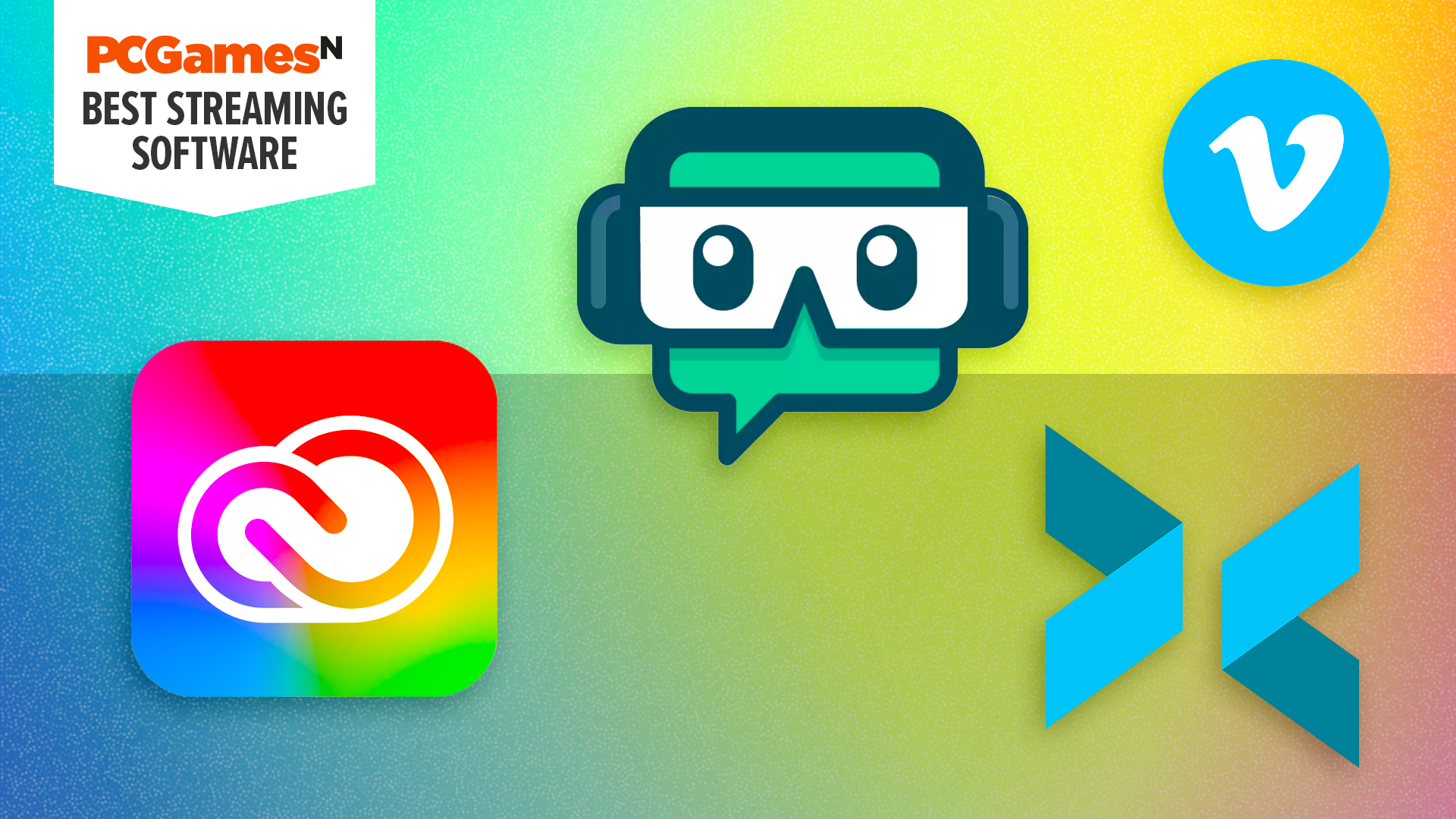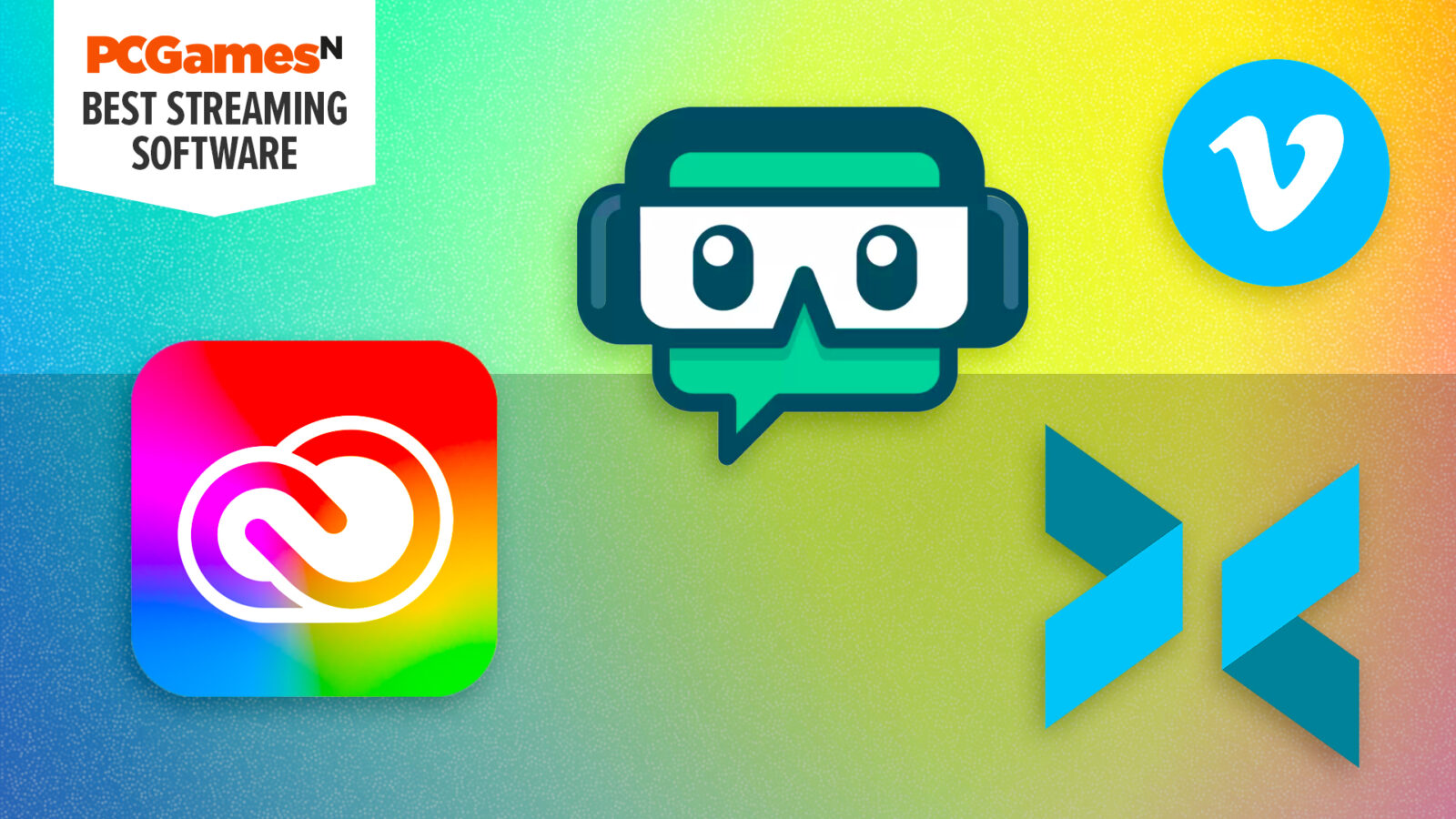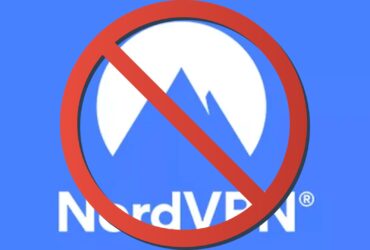
The best streaming software can be used to convert your content into the right format for platforms like YouTube and Twitch. There are also programs for editing your video footage, so I’ve separated this list into two sections to make it easier to find what you need.
There are options for every level, including free programs, to help you find what you need at the right price. If you’ve never streamed before, Streamlabs OBS is the best place to start for beginners. If you want truly pro results, OBS Studio is the way to go – but it’s more technical. I love Adobe’s Photography package for editing, but it’s not the cheapest option.
To make your streams the best they can be, make sure you use the best lights for streaming and the best gaming microphone, (if you’re a newcomer, here’s what you need to assemble the best streaming setup). But the fanciest light and sound won’t mean anything if you don’t have the stream itself sorted. That’s why we’ve picked out industry-leading recommendations for you, based on what we’ve used ourselves. Discover the best streaming software below.
Why you can trust our advice ✔ At PCGamesN, our experts spend hours testing hardware and reviewing games and VPNs. We share honest, unbiased opinions to help you buy the best. Find out how we test.
Best streaming software in 2024:
How to choose the best streaming software
The first thing to consider is your preferred payment method. If you’re just starting in the streaming world, you’re probably not going to want to get chained to a monthly subscription plan. On the other hand, subscription services are typically more advanced, and if your streaming career is starting to take off, you might want to invest in a premium option.
We’ve recommended options for both editing and streaming here – some readers will want just one of these things, while others will want both. What’s the distinction? Well, editing software is for refining footage you’ve already captured, so if you’d like to do a live stream and then share the highlights afterward, the editing software will let you tie them together in a presentable package. The streaming software, then, is for going live.
Something like Adobe Creative Cloud can cover all these bases at once, giving you an all-in-one solution – but you’d still save money if you went for two smaller services, e.g. Movavi for editing and XSplit Broadcaster for the streaming itself.
Think carefully about the content of your streams too. If you want to create a stream focused on the gameplay and your commentary, an option like Nvidia ShadowPlay could be a good choice since it’s designed with games in mind.
If you run a streaming channel featuring gaming, unboxing, visits to events, and other activities, then you might want something that casts a broader net. OBS Studio is an open-source piece of software, for which community members have created solutions that you can tailor to your needs, but it does have a higher bar for entry in terms of expertise.
There’s no singular best choice for everyone. It all depends on where you are in your streaming career and what you want to cover while streaming. However, we’re confident that the options in this list should cover all the bases.
Is OBS Studio or Streamlabs better?
OBS Studio and Streamlabs are two popular choices among streamers. While OBS Studio has more to offer, it’s also quite a bit more complex. If you want to dip your toe into the world of streaming and set up a simple stream, Streamlabs will be enough to get you started. OBS Studio is a fantastic choice that offers high levels of control and customization, but you risk de-motivating yourself if you dive head-first into a more advanced piece of software before you’re ready.
How do I livestream on YouTube?
To Livestream on YouTube, you need to get your account verified. As this requires a minimum of 10,000 subscribers, it is not a good platform for anyone who wants to start streaming for the first time. A platform like Twitch would be a better choice, and you could then upload highlights from your Twitch channel onto YouTube to gain more subscribers and work towards being able to stream there.
Does game streaming make money?
It is possible to make money from streaming, and it’s the primary source of income for many streamers. However, it is a very competitive arena and many streamers don’t make any money from the endeavor. Don’t let this dissuade you though – like all creative pursuits, it can be rewarding even if you don’t do it to make money.
What is the most profitable game to stream?
Games like Fortnite, Grand Theft Auto Online, and Minecraft are among the most popular choices and contribute to the largest portion of the money generated through streaming. Many big streamers also choose to cover obscure retro or indie games, however, bigger games are a good place to start, because while you may not be a familiar name, the game you’re playing will be and might draw in viewers – so long as you have a unique angle.
Read our lists of the best webcams and the best gaming chairs for more ways to spruce up your streaming setup.












Leave a Reply